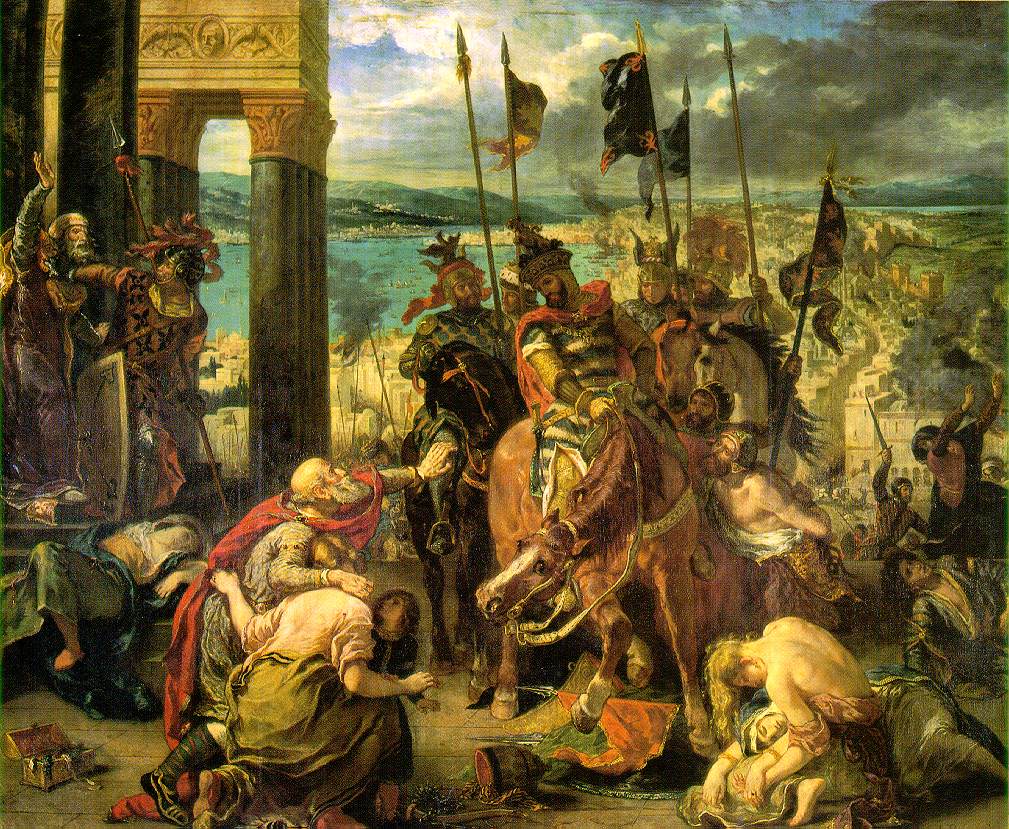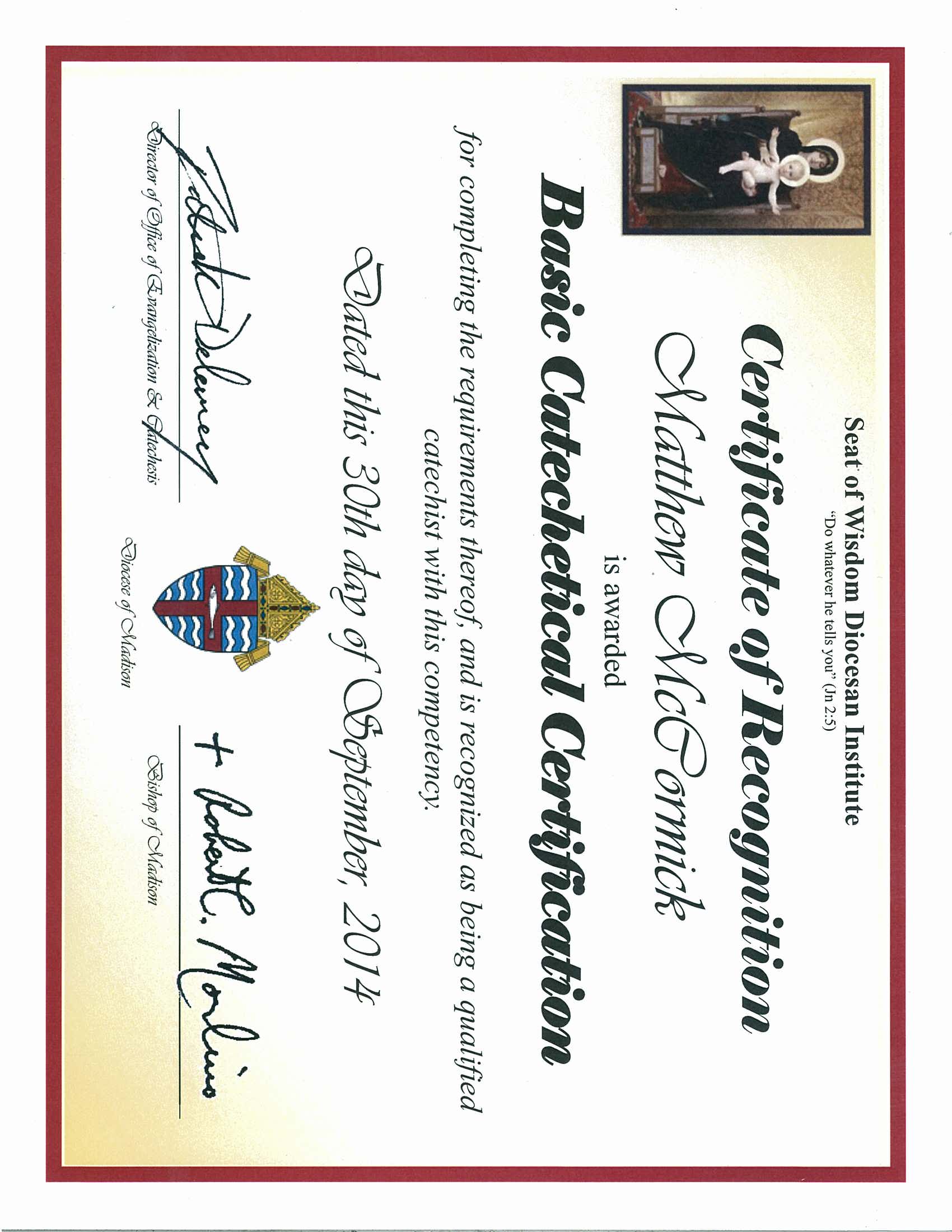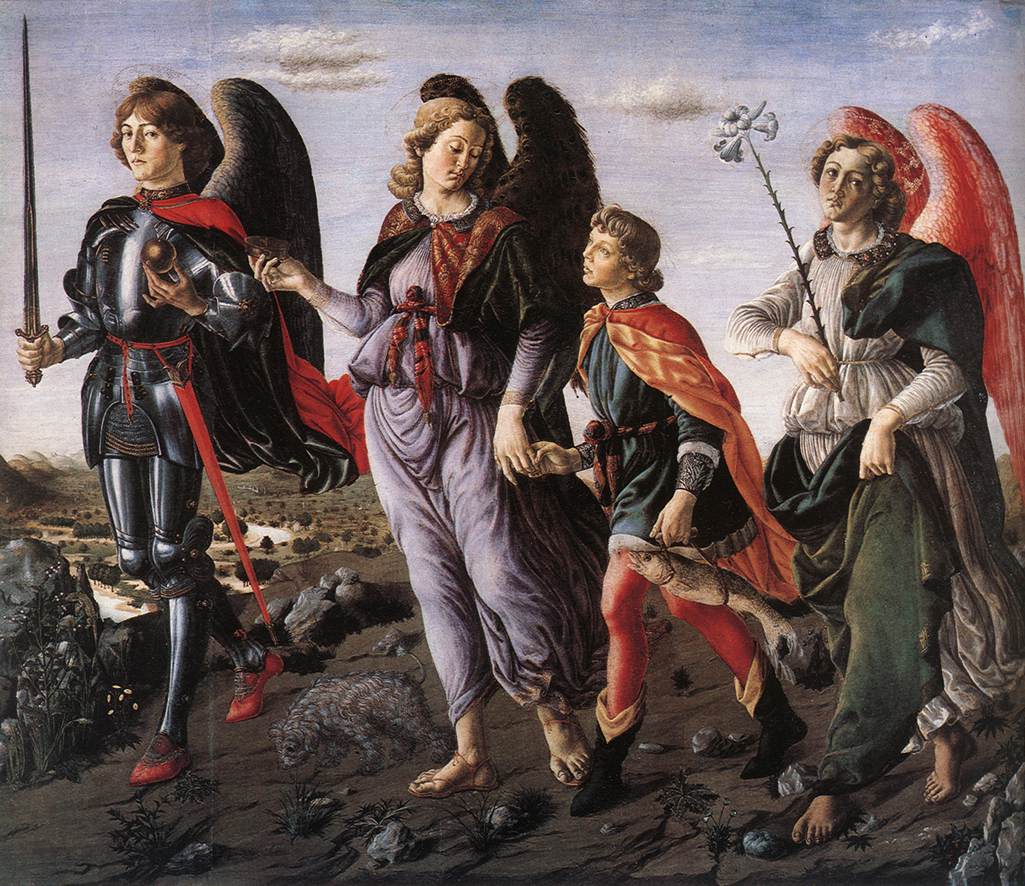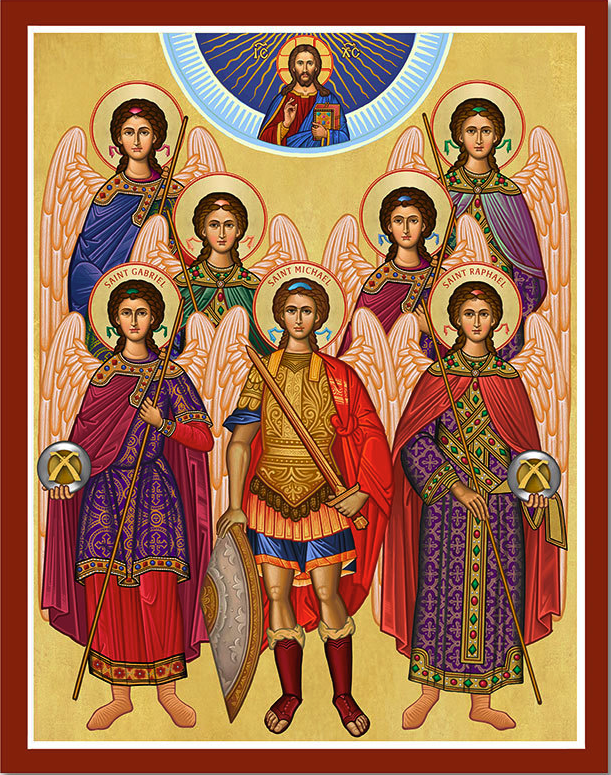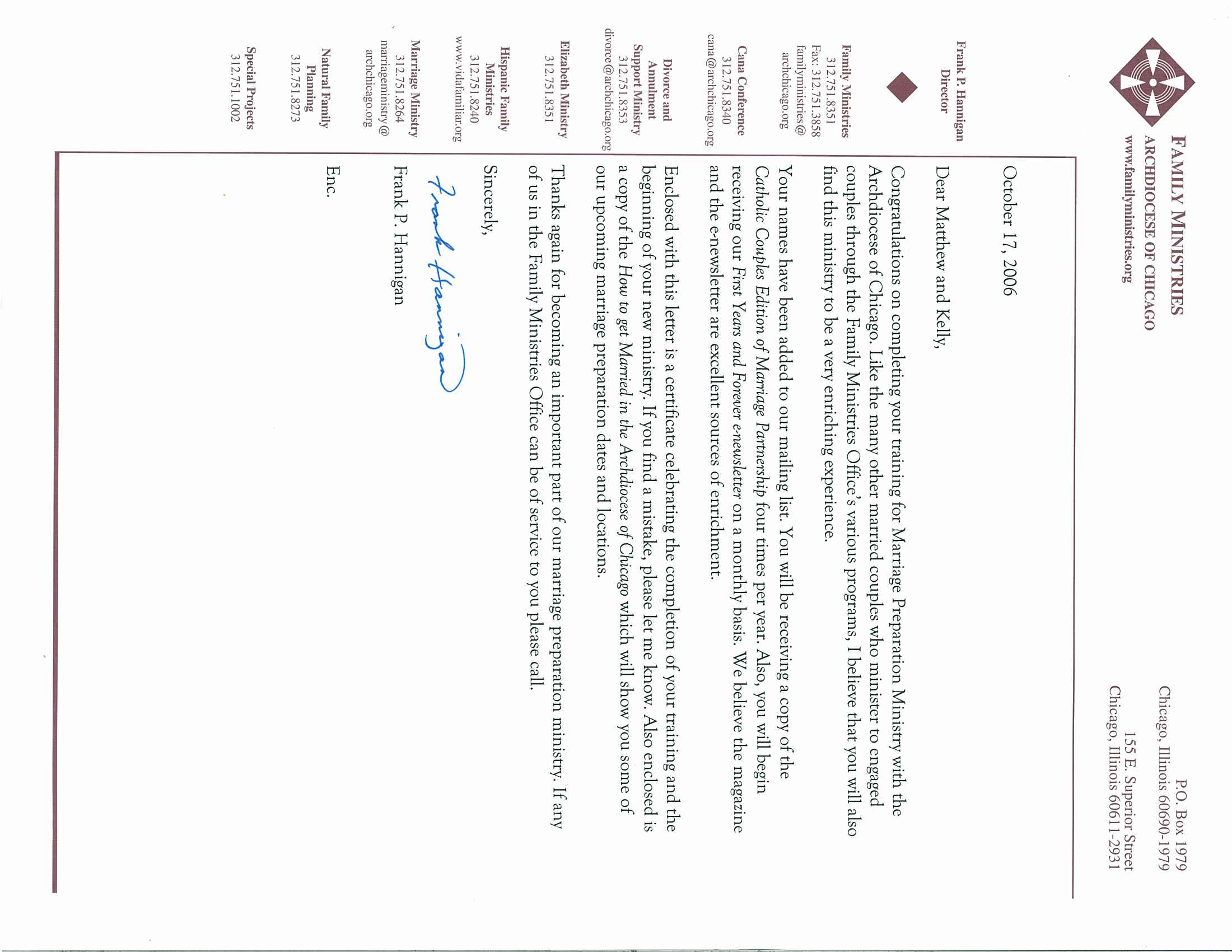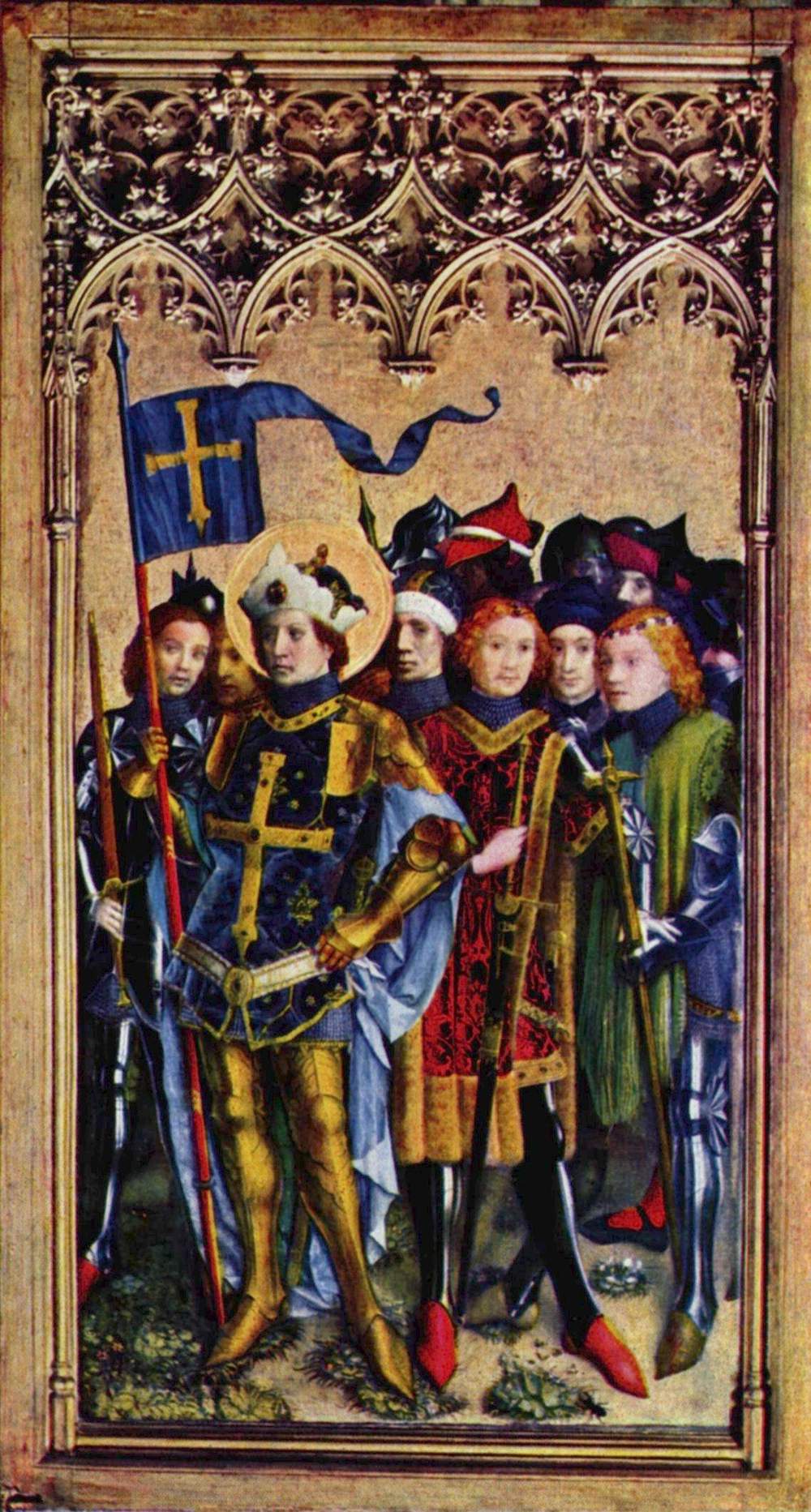Matthew Arnold is a convert to Catholicism, and one of the nation’s most talented Catholic apologists. Through his apostolate Pro Multis Media he promotes the teaching of the Faith through public speaking and communications media. Yet he was once an agnostic who dabbled in the New Age movement.
Arnold, born 1960, grew up in a nominally Christian family in Southern California. But, he joked, “About the most Bible reading I heard was by Linus on the Charlie Brown Christmas Special.”
After graduating high school, Arnold worked as a musician, playing bass in a Top-40s band. He developed an interest in performing magic tricks, and graduated from the Chavez School of Magic. He worked as a magician in Hollywood, performing at restaurants, children’s shows, and private parties. He combined his talents as a musician, magician, and comedian to do warm-up acts before live audiences gathered to watch the filming of television sitcoms.
Some fundamentalist friends had turned him off to Christianity, but, Arnold recalled, “I still had a ‘God-shaped’ hole inside of me that I tried to fill up with the rock n’ roll party lifestyle.”
Having no religious formation, Arnold became involved in the New Age, including astrology and tarot cards. Through a friend he was introduced to “channeling,” which would ultimately lead him out of the New Age altogether.
A young woman he knew claimed to be channeling (that is, serving as the voice for) a group of spirits who said they wanted to speak to Arnold. He agreed, and the spirits mostly offered him advice on his career. They were usually re-assuring, but at times the channeler could be verbally abusive. She could also be difficult to wake up from her trance.
To this day, Arnold is uncertain whether the experience was legitimate or an elaborate hoax. He reflected, “The whole thing was rather bizarre, but I had no formation or standard by which to judge. So, I was ready to believe it.”
Arnold experienced some physical manifestations that suggested the spirits’ authenticity. For example, one time he was knocked off his feet by an unknown force. Another time, he was sleeping and awoke to experience the feeling that someone was sitting on his chest. He was alone, but he thought he saw a face looking at him. He said the Lord’s Prayer, turned on all the lights in the house, and waited for morning. He also found a Bible and began reading it.
His New Age friend called Arnold the next day and informed him that the spirits had sent him an invitation the previous evening to return to their channeling group. He responded, “Tell them I got the message, and no, I don’t want to come back.”
Arnold met and married his wife, Betty, who had also been involved in the entertainment industry in Hollywood. She was Catholic, and Arnold, a voracious reader, undertook a careful study of her Faith. He credits the prayers of his wife and the intercession of the Blessed Mother for his conversion, as well as the instruction of a local priest.
In 1996, during the Easter Vigil, Arnold entered the Church. He was still working in Hollywood, making good money, and enjoying a successful career. However, fired up with the zeal of a convert, he decided that because of widespread immorality in Hollywood, he had to quit.
His final night, he was doing the warm-up show for a taping of the hit sitcom Friends. The episode featured Courteney Cox and guest star Tom Selleck, playing girlfriend and boyfriend, in bed together. Arnold’s job was to get the studio audience revved up for the taping, but, he recalled, “I was being a cheerleader for mortal sin.”
He quit, and never looked back.
Arnold began working in Catholic apologetics, using his media talents to create and produce Catholic audio tapes and DVDs, and soon was hosting Catholic radio and television programs. In 2006, he formed Pro Multis Media. Recent projects have included producing an abridged audio version of The Soul of the Apostolate for Lighthouse Catholic Media and recording the official audio version of Pope Benedict’sJesus of Nazareth for Ignatius Press.
Arnold has a special devotion to, and has placed his apostolate under the protection of, Our Lady of Good Success, an apparition which occurred in Ecuador in 1594. Although the appearance occurred centuries ago, he believes Our Lady’s message relevant for today. “What struck me was that the Blessed Mother said the problems in the Church would reach a critical point after the mid-point of the 20th century,” Arnold said. “It was then that we had the upheaval of the 1960s—the sexual revolution, immoral fashions, vocations crisis, and decline of marriage.”
Love,
Matthew


